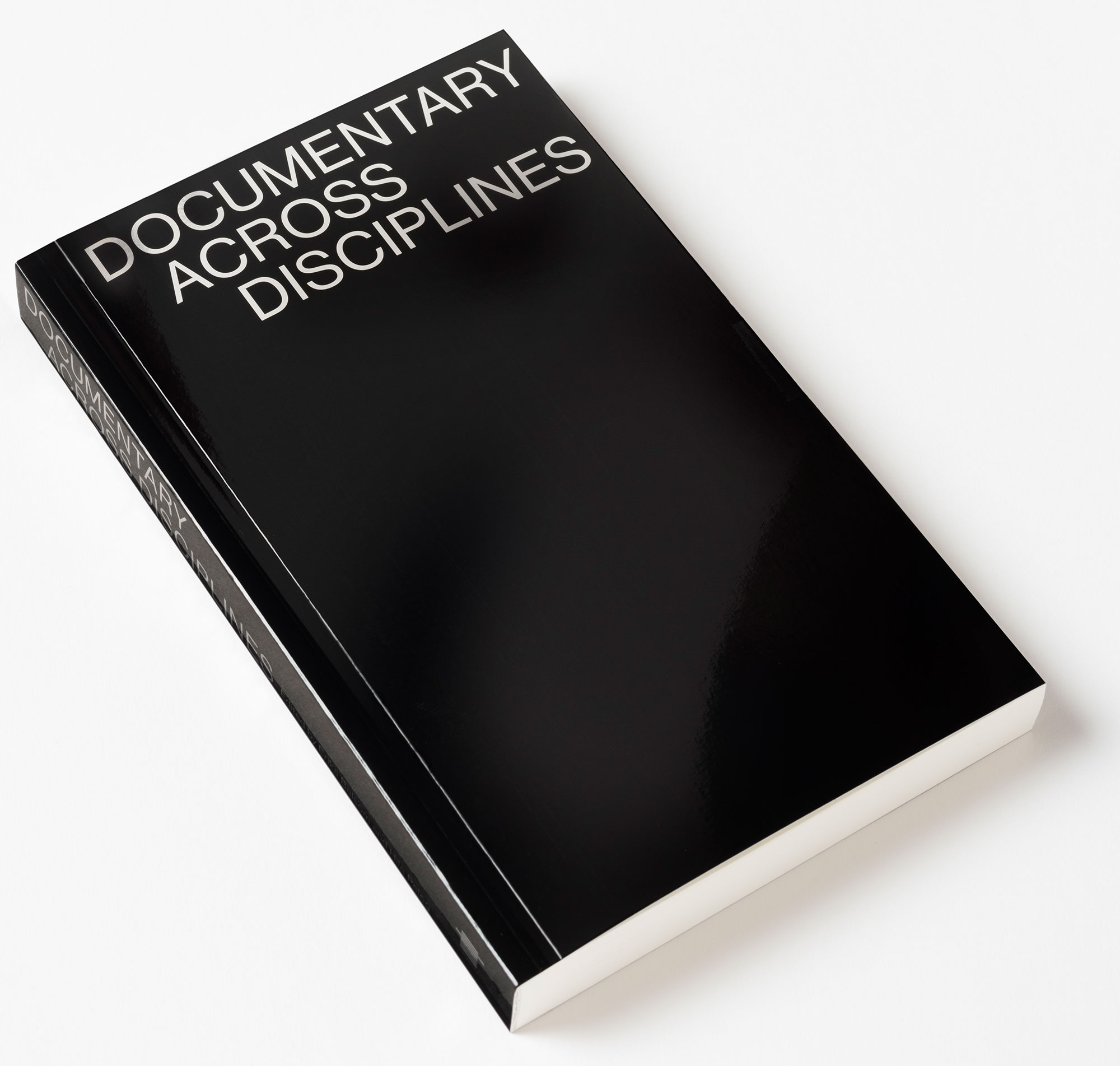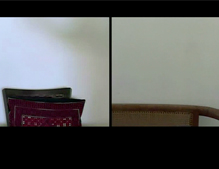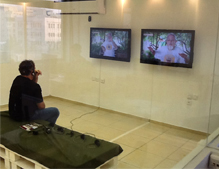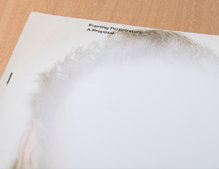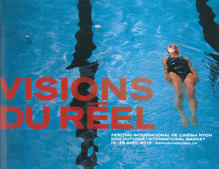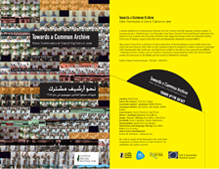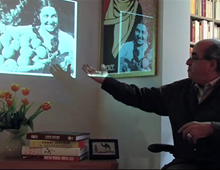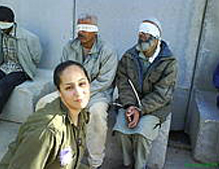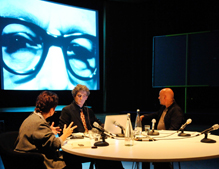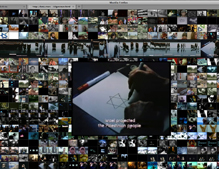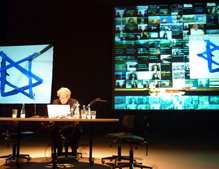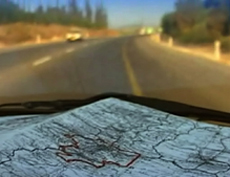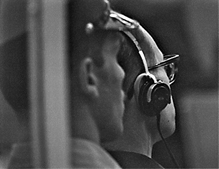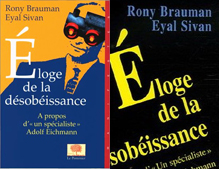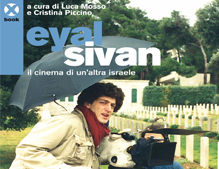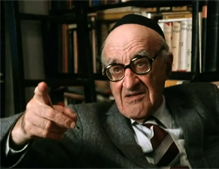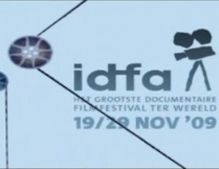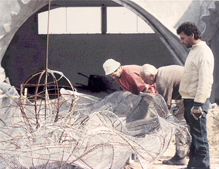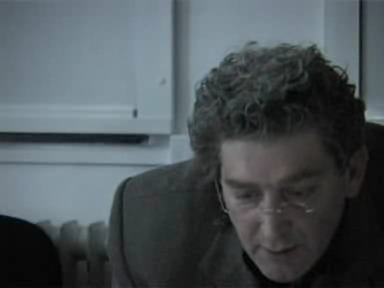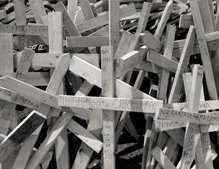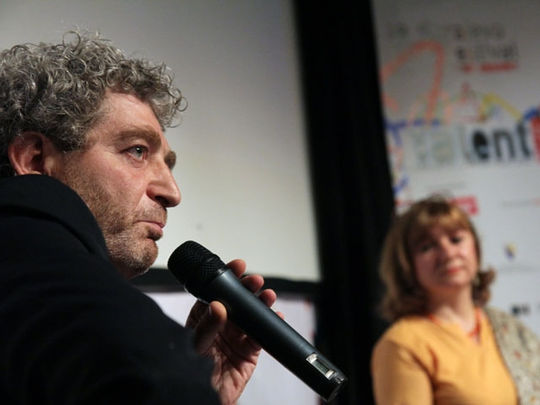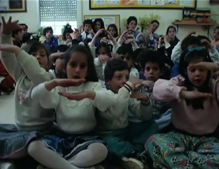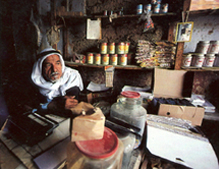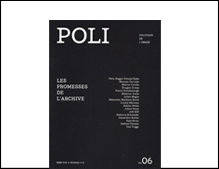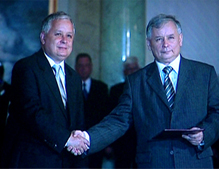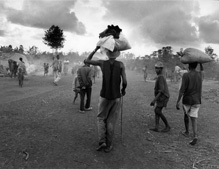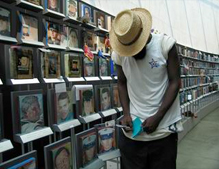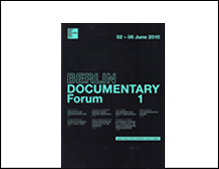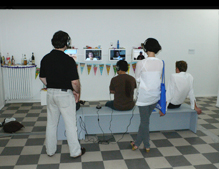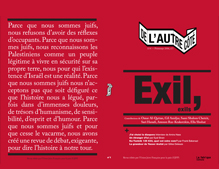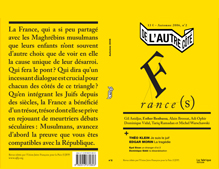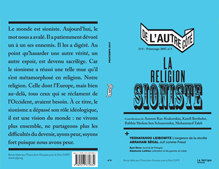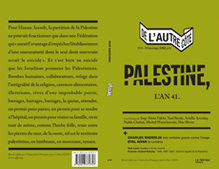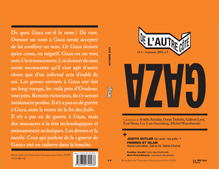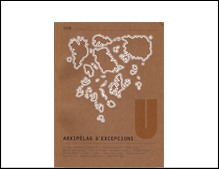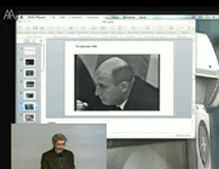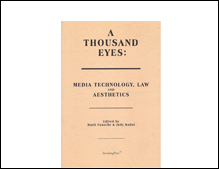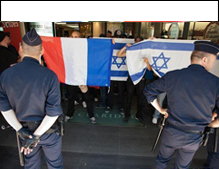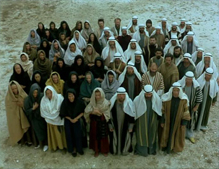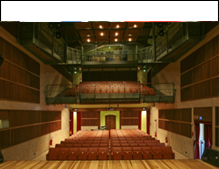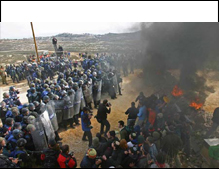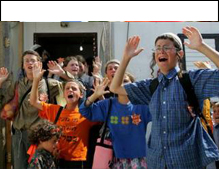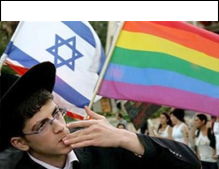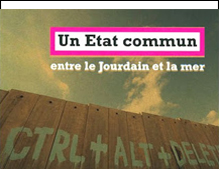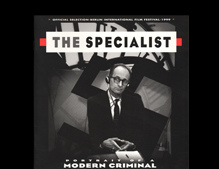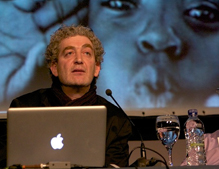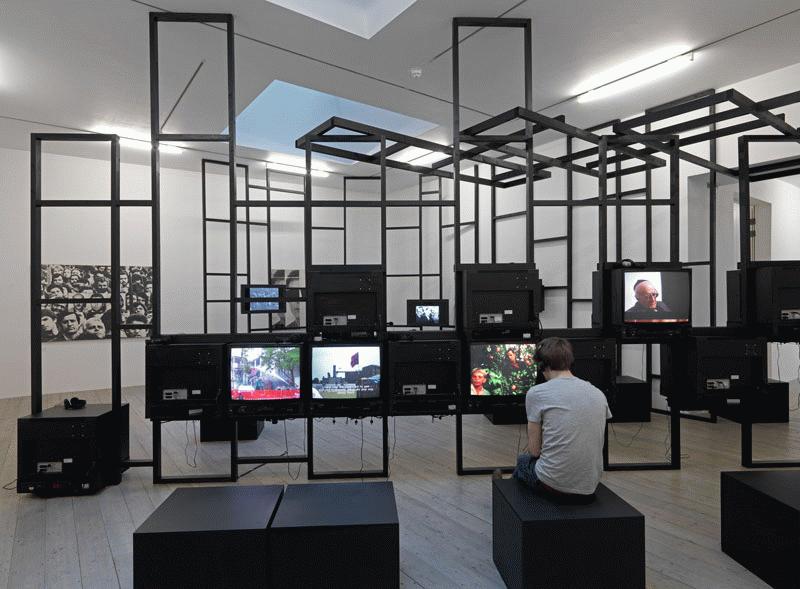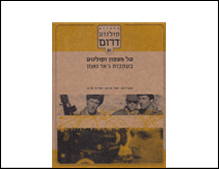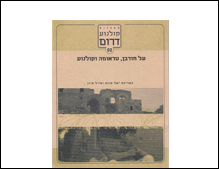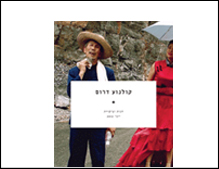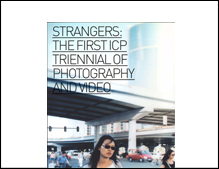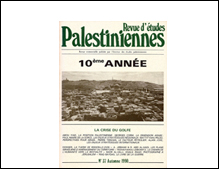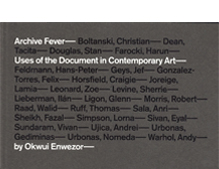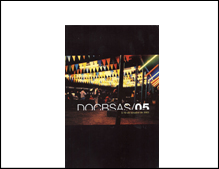-
Proposal for a visual media exhibition
with the participation of students of the Master of Film at the Dutch Film Academy, Amsterdam -
Get my films
Buy DVDs online at www.momento-films.com -
IZKOR
slaves of memory
Documentary film | 1990 | 97 min | color | 16mm | 4:3 | OV Hebrew ST -
Common Archive Palestine 1948
web based cross-reference archive and production platform
www.commonarchives.net/1948 - Project in progress - -
Montage Interdit [forbidden editing]
With professors Ella (Habiba) Shohat and Robert Stam / Berlin Documentary Forum 2 / Haus der Kulturen der Welt / June 2012 -
Route 181
fragments of a journay in Palestine-Israel
Documentary film co-directed with Michel Khleifi | 2003 | 272 min [4.5H] | color | video | 16:9 | OV Arabic, Hebrew ST
-
The Specialist
portrait of a modern criminal
Documentary film | 1999 | co-author Rony Brauman | 128 min | B/W | 4:3 | 35 mm | OV German, Hebrew ST -
Jaffa
the orange's clockwork
Documentary film | 2009 | 88 min | color & B/W | 16:9 | Digital video | OV Arabic, Hebrew, English, French ST
-
Montage Interdit
www.montageinterdit.net
Web-based documentary practice. A production tool, archive and distribution device | project in progress
-
Common State
potential conversation [1]
Documentary film | 2012 | 123 min | color | video | 16:9 split screen | OV Arabic, Hebrew ST -
Towards a common archive
testimonies by Zionist veterans of 1948 war in Palestine
Visual Media exhibition | Zochrot Gallery (Zochrot visual media lab) | Tel-Aviv | October 2012 - January 2013
-
I Love You All
Aus Liebe Zum Volk
Documentary film co-directed with Audrey Maurion | 2004 | 89 minutes | b/w & color | 35mm | OV German, French ST
"The Specialist" on the Eichmann Precedent: Morality, Law, and Military Sovereignty
Author(s): Benjamin Robinson
Source: Critical Inquiry, Vol. 30, No. 1 (Autumn, 2003), pp. 63-97
Published by: The University of Chicago Press
1. Law and the Folk-Revisiting a Redefinition
The trial of Adolf Eichmann in 1961 and Hannah Arendt's report on the trial, Eichmann in Jerusalem, continue to draw legal scrutiny and provoke international political controversy decades after the judgment was pro- nounced. In the pages of this journal, Shoshana Felman invoked the Dreyfus Affair as a legal and cultural precedent for the epochal Eichmann trial.' She argues that the unjust and anti-Semitic prosecution of Captain Alfred Drey- fus in 1894 and Emile Zola's impassioned and now proverbial counterac- cusation against Dreyfus's persecutors supply a model for an individual speaking out against a state legal apparatus in the name of a victim of mis- carried justice. Not only the enormity of the crimes being judged in Jeru- salem, but the jurisdiction of the court, the nature of the criminality, the status of the legal code with respect to the crimes, the relevance of the evi- dence, and the spirit of the precedent to be set all contributed to what Fel- man characterizes as the later trial's "monumental repetition of a primal legal scene," in which traumas of the past were radically revisited and re- dressed ("TJ," p. 219). The scene monumentally revisited in the Eichmann trial is, according to Felman, the Dreyfus Affair's quintessential persecution
This essay began as a presentation at the Kent State University conference "Screening the Shoah," sponsored by David Brenner, to whose comments and encouragement I am indebted. Thanks are also due to Bill Brown, John Davidson, John Rosenthal, and Jennifer James Robinson for their responses to earlier drafts of the essay. 1. See Shoshana Felman, "Theaters of Justice: Arendt in Jerusalem, the Eichmann Trial, and the Redefinition of Legal Meaning in the Wake of the Holocaust," Critical Inquiry 27 (Winter 2001): 216-22; hereafter abbreviated "TJ." Critical Inquiry 30 (Autumn 2003)

